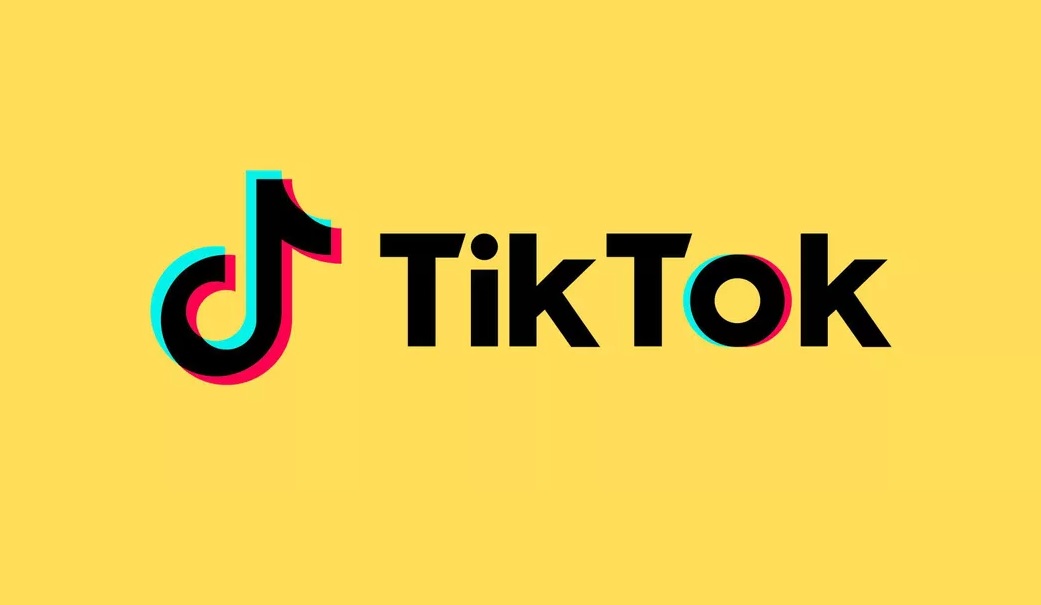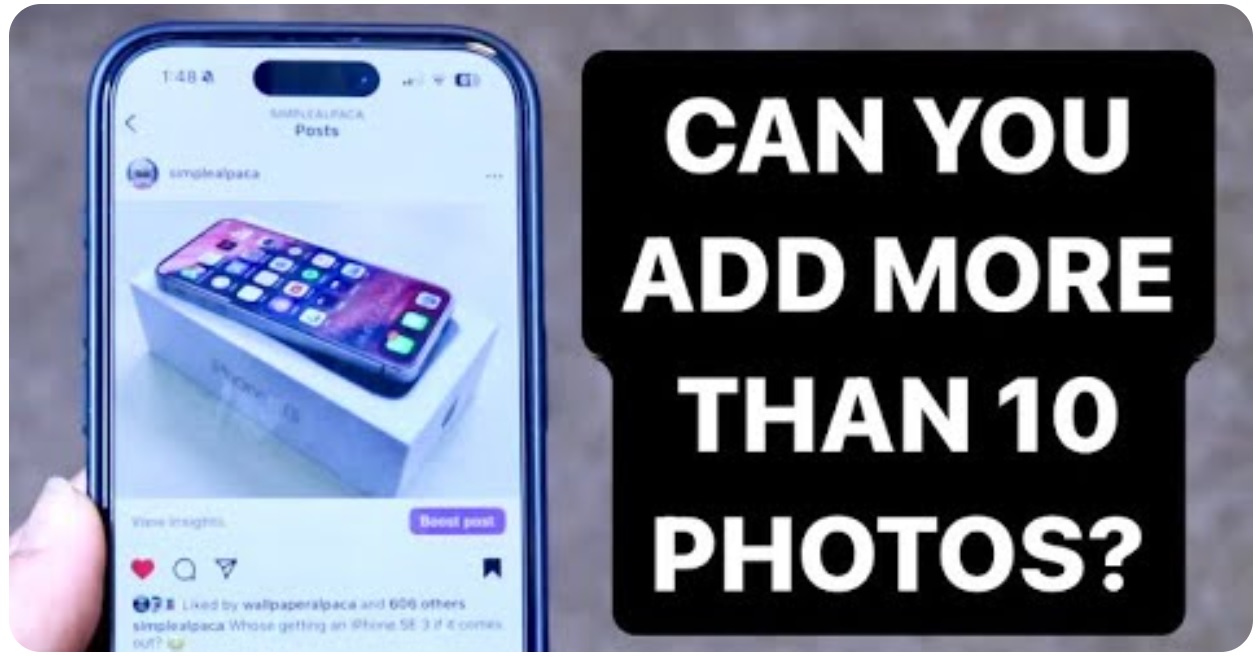TikTok is at the centre of a complex and heated legal battle against the US government, in a dispute involving freedom of expression and national security.
TikTok is at the centre of a complex and heated legal battle against the US government in a dispute involving freedom of expression and national security. The Chinese-owned social network, which has gained widespread popularity among American users, has been the subject of growing concern by the US government, which accuses it of posing a threat to citizens’ privacy and security.
Last April, the US Congress passed a measure that led to a de facto ban on TikTok in the country, a measure that was later ratified by President Joe Biden. In response, TikTok immediately filed an appeal against the measure, arguing that the government did not provide sufficient factual evidence to justify such a drastic action.
The company stated that the ban was not only unfounded, but also a violation of the right to freedom of expression guaranteed by the First Amendment of the US Constitution. For its part, the US government claims that TikTok, being owned by ByteDance, a Chinese company, could be used by the Chinese government to collect personal data of American users and manipulate the content displayed on the platform.
TikTok responds to US accusations
In response to these allegations, TikTok reiterated that US users’ data is stored on Oracle’s servers in the US and that all decisions regarding content are made internally in the US, without outside interference.
TikTok also claims that, as a platform used by millions of Americans to express themselves and share content, the ban is a serious attack on freedom of expression. However, the US government replies that since TikTok is foreign-owned, it cannot enjoy the same legal protections afforded to US companies.
The legal battle between TikTok and the US government is expected to be long and complex, with the next hearing set for 16 September in the US Federal Court of Appeals. The outcome of this dispute will have significant repercussions not only for TikTok, but also for the future of regulations governing social platforms in the United States, potentially redefining the landscape of digital freedom in the country.


